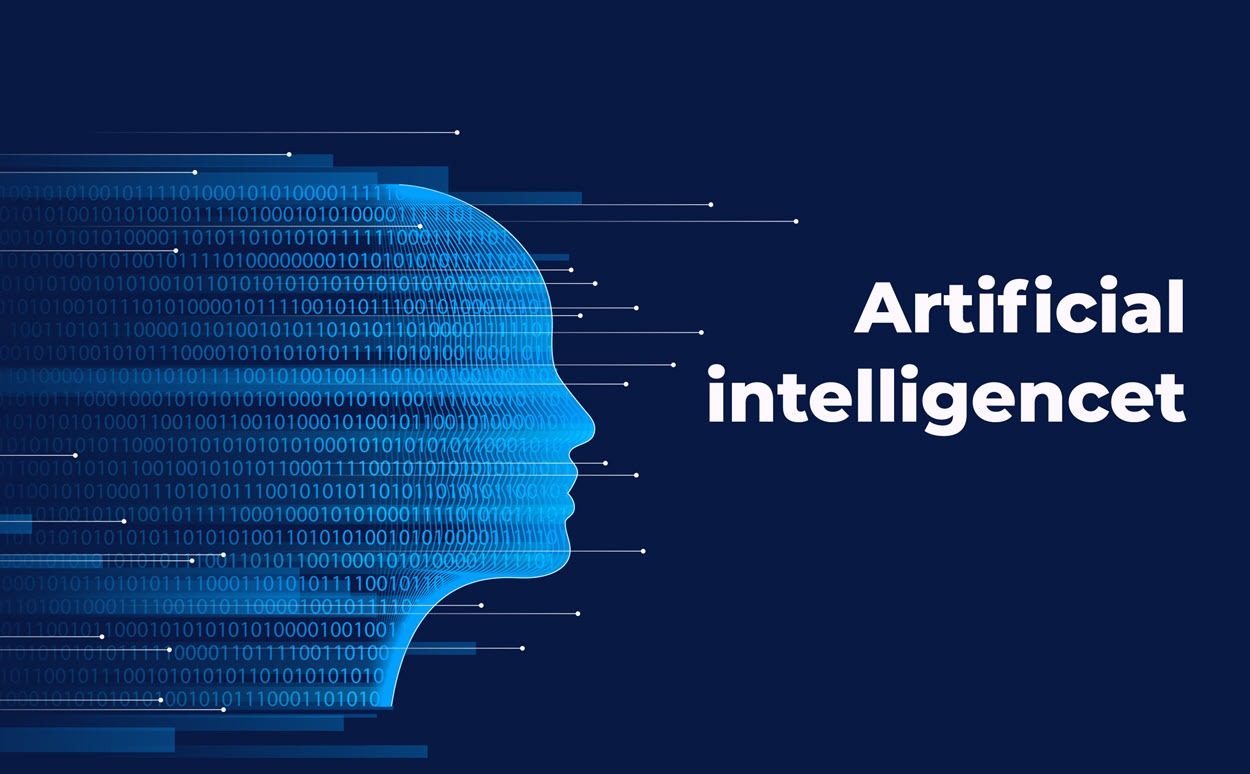It is likely that artificial intelligence will continue to have an impact on SEO in 2023.
AI-powered tools and algorithms can analyze data and make predictions about search trends and user behavior, which can help optimize website content and improve search engine rankings. Additionally, AI-powered personalization and voice search capabilities may also affect SEO strategies. However, it's hard to predict exactly how AI will impact SEO in 2023 as the field is constantly evolving.
What are the benefits or advantages of using AI-powered tools and algorithms?
There are several benefits and advantages of using AI-powered tools and algorithms in SEO:
- Improved accuracy and efficiency: AI-powered tools can analyze large amounts of data quickly and accurately, making it easier to identify patterns and trends that can be used to optimize website content and improve search engine rankings.
- Personalization: AI-powered algorithms can analyze user behavior and preferences to deliver personalized content and search results, which can improve the user experience and increase conversions.
- Voice search optimization: AI-powered tools can help optimize website content for voice search queries, which are becoming increasingly common.
- Automation of repetitive tasks: AI-powered tools can automate repetitive and time-consuming tasks, such as keyword research and link building, freeing up time for more strategic and creative tasks.
- Predictive analysis: AI-powered tools can predict search trends and user behavior, allowing website owners to stay ahead of the curve and make data-driven decisions.
- Monitor competitors: AI-powered tools can monitor competitors, giving website owners an insight into the strategies their competitors are using to improve their search engine rankings.
Please note that while AI-powered tools can be helpful, they should be used in combination with human expertise, as they are not able to take into account the context, subjective and creative aspect of SEO.

What are some of the drawbacks of using AI-powered tools and algorithms?
While there are many benefits to using AI-powered tools and algorithms in SEO, there are also some potential drawbacks to consider:
- Cost: AI-powered tools and algorithms can be expensive, which may not be feasible for small businesses or individuals with limited budgets.
- Lack of human understanding: AI-powered tools may not be able to fully understand the nuances and context of human language, which can lead to inaccuracies or irrelevant results. Dependence: Relying too heavily on AI-powered tools may make a company or individual dependent on them and lose touch with the changes and updates of the industry.
- Bias: AI-powered tools and algorithms may be trained on biased data, which can lead to biased results. It's important to be aware of this and to check data sets for any biases.
- Lack of Creativity: AI-powered tools can automate repetitive tasks such as keyword research, link building and monitoring of competitors, but they can't replace the human touch and creativity required to come up with creative and effective SEO strategies.
- Security: AI-powered tools may be vulnerable to hacking and other security threats, which can compromise sensitive data and put a company at risk.
- Lack of transparency: Some AI-powered tools and algorithms may be opaque in how they make their decisions, making it hard to understand why certain results were generated and how to improve them.
It's important to consider the potential drawbacks of AI-powered tools when deciding whether to use them in SEO. It's also important to use them in combination with human expertise to ensure the best results.

What are some of the best practices when leveraging AI-powered tools and algorithms for search engine optimization or SEO?
When leveraging AI-powered tools and algorithms for search engine optimization or SEO, it's important to keep the following best practices in mind:
- Use a combination of AI and human expertise: While AI-powered tools can be helpful, they should be used in combination with human expertise, as they are not able to take into account the context, subjective and creative aspect of SEO.
- Check for bias: AI-powered tools and algorithms may be trained on biased data, which can lead to biased results. It's important to be aware of this and to check data sets for any biases.
- Monitor performance: Regularly monitoring the performance of AI-powered tools and algorithms can help identify and address any issues or inaccuracies.
- Stay up-to-date: SEO is constantly evolving, and AI-powered tools and algorithms are no exception. Stay up-to-date with the latest developments in the field to ensure that you are using the most effective tools and strategies.
- Understand the limitations: AI-powered tools have their limitations, and it's important to understand them in order to optimize their use and avoid disappointment.
- Data hygiene: Clean and well-structured data is crucial for AI models, so make sure to keep your data well-organized and accurate.
- Security: AI-powered tools may be vulnerable to hacking and other security threats, which can compromise sensitive data and put a company at risk. So, it's important to ensure that the tools you use have robust security measures in place.
- Be transparent: Be transparent with your audience about the use of AI-powered tools and algorithms, and how they are affecting the results they are seeing.
- Test, Test, Test: Test different AI-powered tools and algorithms, and see which one works best for your specific needs.
By following these best practices, you can leverage the power of AI-powered tools and algorithms to improve your SEO efforts while avoiding the potential drawbacks.
Let us know what you think in the comments below and answer the follow question...
Is AI a good think or bad thing?
Trick question...
Was this article written by a human or AI? Why?
 Add Row
Add Row  Add
Add 




Write A Comment